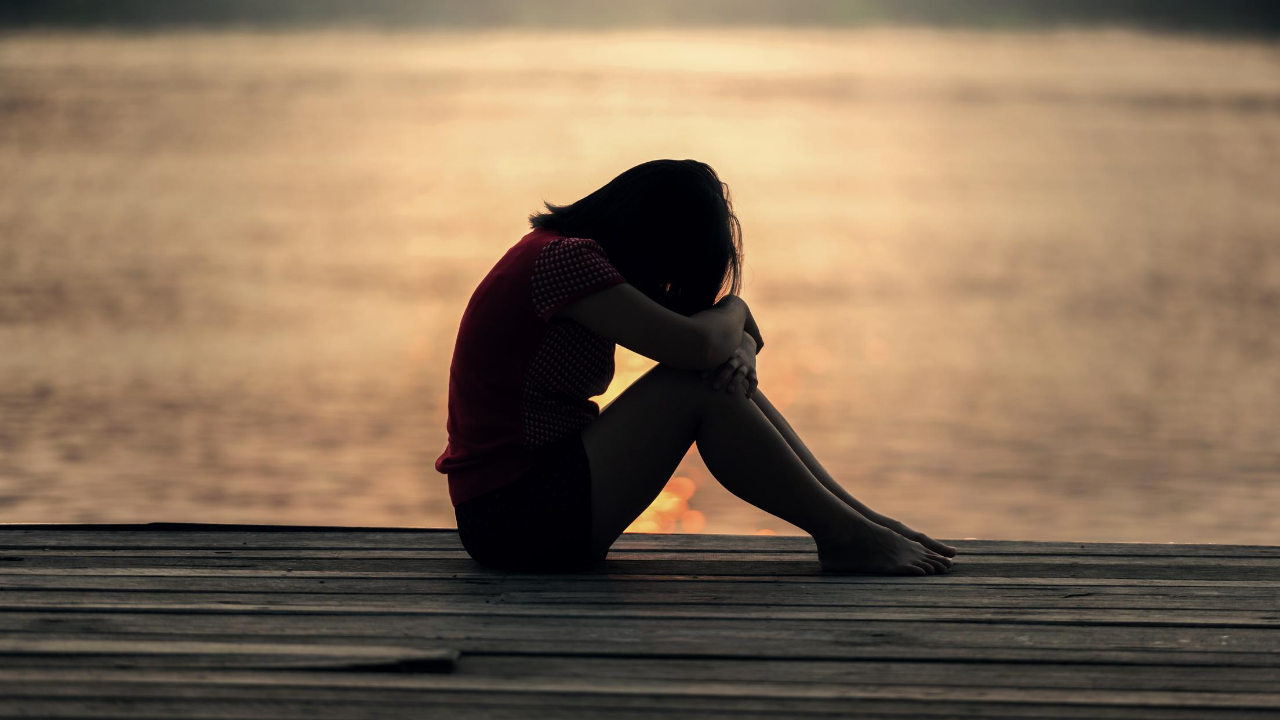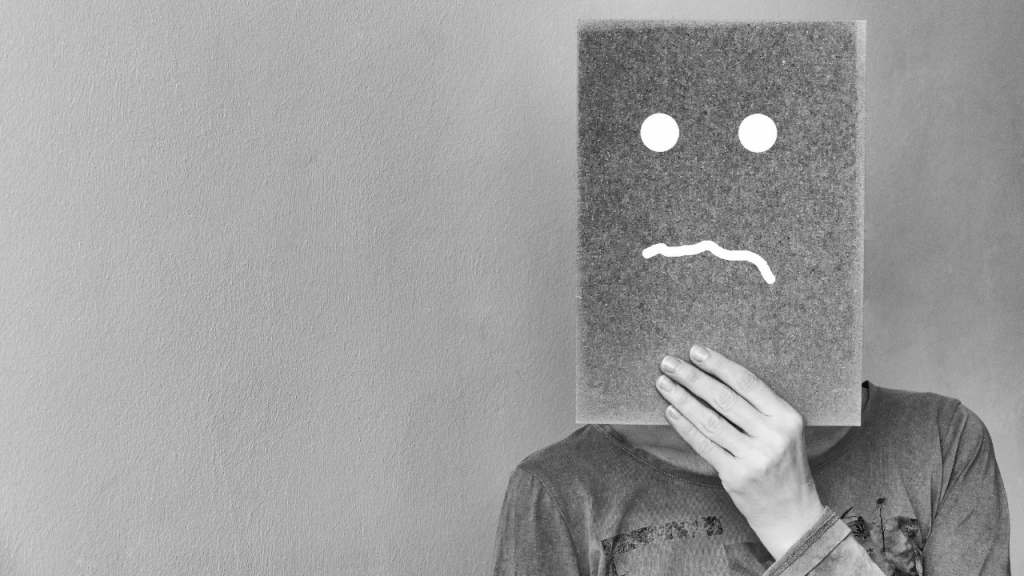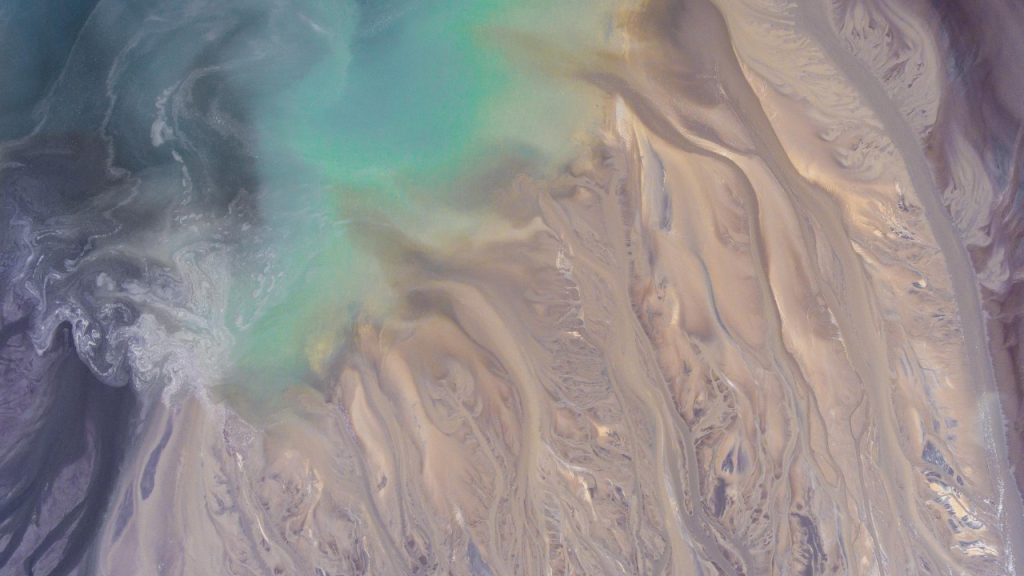
The Dangers Of Calling People Toxic

We have all read or heard advice – banish those toxic people, those with arsenic for blood; be aware, be wary, be alert.
Well, the trouble with all this is that when you read lists of what qualities and traits these toxic people may have, you will realise that you may at some point have exhibited those toxic qualities and traits yourself. If we are to go by these lists, we would all identify those aspects within ourselves. Perhaps there is someone out there calling you a toxic person.
Toxicity is not a scientific label.
There are no studies on the toxicity of humans, nor are there government regulations on how to identify and report a toxic person. There are, however, studies on behaviour that is labelled as toxic. If you dig deep enough, you will begin to discover the multitudes of variables that cause these so-called toxic behaviours. You will very rarely come across a wholly poisonous person, inherently most people are deeply wounded. Instead of throwing such harsh labels on people, why don’t we try to ask questions such as why they’ve been led to such behaviours? How can I try to understand them and myself in these interactions? Can I identify with any of these traits? How can we show this person empathy, without labelling them as completely poisonous?
Are we playing victim roles, claim your responsibility.
Attributing the cause of your misery to another person means you are putting all the responsibility for how we feel on them. The problem is that it makes it easier for us to become victims.
Responsibility simply means your ability to respond. If you decide, ‘I am responsible,’ you will have the ability to respond. If you decide, ‘I am not responsible,’ you will not have the ability to respond’ – Sadhguru. I think this is one of the most important things to admit to ourselves. We can choose how we respond. Are we perpetuating the toxicity, are we easing this person’s afflictions, are we helping anyone by just throwing around the label of a toxic person?

Moving beyond so-called toxic relationships
If we freeze someone out on the basis that they are ‘toxic’, we miss out on the opportunity to expand our ability to practice unconditional love. If we learn to love ourselves and create boundaries in the presence of so-called toxic people, we will rarely experience people as simply toxic. Let’s be clear: love may still instruct us to move on and keep a distance.
But the growth necessary to access that instruction, the attitude with which we’ll make that choice, the way we will communicate that will be grounded on understanding. Yes, we should love ourselves enough, to not let ourselves become punching bags, but let us not dehumanise those who may on the surface seem poisonous but are in fact deeply wounded.
If you liked this article please leave a comment. If you have an opinion on the topic feel free to share your thoughts. If would like to find out more about our Yoga & Meditation Sessions, feel free to get in touch by emailing me.

No Comments